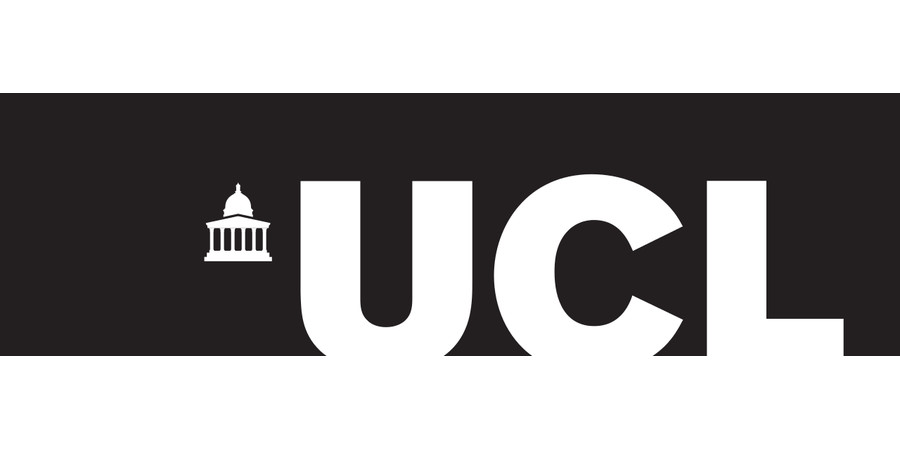PhD Studentship: Novel Ultrasound-Assisted Antimicrobial Strategies for Dental Biofilm Infections
UCL - London Centre for Nanotechnology
| Qualification Type: | PhD |
|---|---|
| Location: | London |
| Funding for: | UK Students, EU Students, International Students |
| Funding amount: | Stipend at UKRI rate |
| Hours: | Full Time |
| Placed On: | 26th November 2025 |
|---|---|
| Closes: | 12th January 2026 |
| Reference: | CDT-AMR 2026 020 |
Supervisors:
Abstract:
Oral biofilms are a major cause of dental and periodontal diseases, including endodontic infections and dental caries the most prevalent noncommunicable disease globally. The confined and complex architecture of the oral cavity, particularly in regions such as dentinal tubules and root canals, makes effective antimicrobial treatment challenging. This project aims to develop an ultrasound-assisted nanoparticle-based drug delivery system for targeted, controlled release of antimicrobials within these hard-to-reach oral microenvironments. By leveraging acoustic streaming and cavitation effects induced by ultrasound, the system will enhance drug transport and biofilm disruption. This interdisciplinary project builds on prior EPSRC-funded research (SONATA, EP/V028626/1) and brings together expertise in microfluidics, fluid dynamics, nanoparticle engineering, and dental microbiology.
Approach and Methods:
- Engineer in vitro models of bacterial biofilm microenvironments, mimicking oral cavities and dentine tubules,
- Characterise ultrasound-induced flow fields and drug particle transport therein using advanced flow diagnostics
- Study ultrasound triggered drug-release mechanisms to guide the design and formulation of nanoparticles with superior drug delivery properties.
- Investigate the interaction between ultrasound, nanoparticles, and biofilms to assess antimicrobial efficacy
- Collaborate with dental and material science experts to optimise drug formulations and validate the system in clinically relevant models.
Impact and Outlook:
This project will deliver a novel, non-invasive platform for the treatment of persistent dental infections. By enabling targeted antimicrobial delivery and enhanced biofilm removal, the technology has the potential to improve patient outcomes, reduce the need for systemic antibiotics, and mitigate the development of AMR in oral pathogens. The approach may also be extended to other biomedical applications involving biofilm-associated infections in confined environments.
Training and Student Development:
The student will gain interdisciplinary training in:
- Microfluidics and microfabrication
- Laser-based flow diagnostics and ultrasound-induced flow characterisation
- Nanoparticle synthesis and drug delivery systems
- Cell culturing and in vitro biofilm modelling
- Collaborative research across engineering, chemistry, dentistry, and microbiology
The project includes opportunities for secondments to partner institutions (e.g. University of Birmingham) and industry collaborators (e.g. Halyon Oral Health, BAM Materials), as well as engagement with the UCL Eastman Dental Institute.
Research Environment:
The student will join a vibrant, multidisciplinary research community within UCL’s Mechanical and Chemical Engineering departments. The project is supported by the FluME and ThAMeS groups, with access to state-of-the-art facilities for flow diagnostics, nanoparticle characterisation, and biofilm studies. The project also benefits from the resources of the Manufacturing Futures Lab and the UCL Hawkes Institute.
Desirable Prior Experience:
- Background in biomedical engineering, chemical/mechanical engineering, or materials science
- Experience with microfluidics, ultrasound, or nanoparticle synthesis is advantageous
- Interest in antimicrobial delivery, dental health, and interdisciplinary research
How to apply
This project is offered as part of the Centre for Doctoral Training in Engineering Solutions for Antimicrobial Resistance. Further details about the CDT and programme can be found at AMR CDT website
Applications should be submitted by 12th January 2026.
Advert information
Type / Role:
Subject Area(s):
Location(s):









